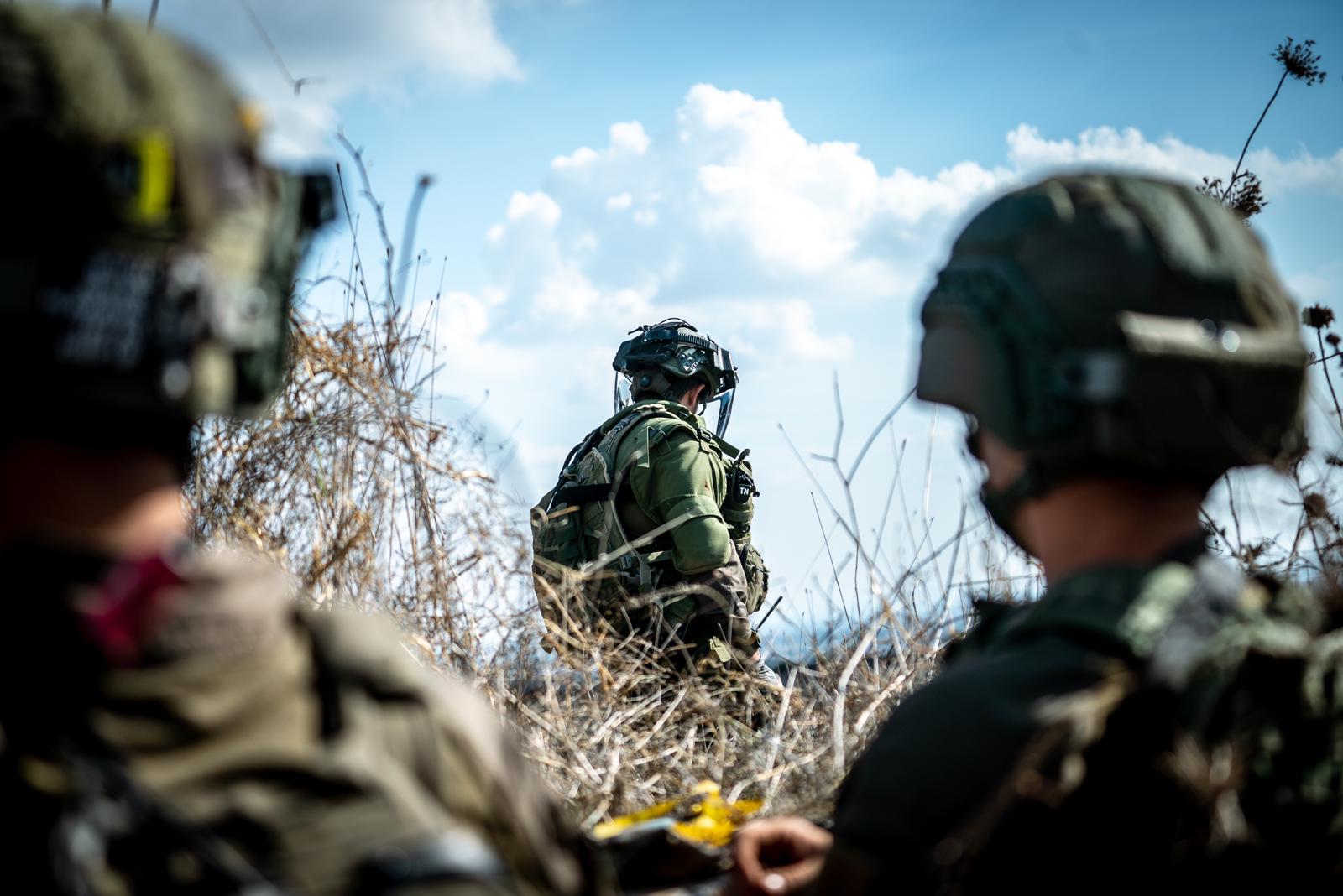Mixed Feelings About This
I have mixed feelings about this New York Times oped by the ACLU's Jameel Jaffer and Larry Siems of the Freedom to Write program at the PEN American Center, who are urging that government officials during the Bush administration "who stayed true to our values and stood up against cruelty are worthy of a wide range of civilian and military commendations, up to and including the Presidential Medal of Freedom. Honoring them is a way of encouraging the best in our public servants, now and in the future.
Published by The Lawfare Institute
in Cooperation With

I have mixed feelings about this New York Times oped by the ACLU's Jameel Jaffer and Larry Siems of the Freedom to Write program at the PEN American Center, who are urging that government officials during the Bush administration "who stayed true to our values and stood up against cruelty are worthy of a wide range of civilian and military commendations, up to and including the Presidential Medal of Freedom. Honoring them is a way of encouraging the best in our public servants, now and in the future. It is also a way of honoring the best in ourselves." They argue:
Throughout the military, and throughout the government, brave men and women reported abuse, challenged interrogation directives that permitted abuse, and refused to participate in an interrogation and detention program that they believed to be unwise, unlawful and immoral. The Bush administration’s most senior officials expressly approved the torture of prisoners, but there was dissent in every agency, and at every level. There are many things the Obama administration could do to repair some of the damage done by the last administration, but among the simplest and most urgent is this: It could recognize and honor the public servants who rejected torture.I agree with Jaffer and Siems that recognition of those who exposed the abuses at Abu Ghraib--their lead example--would be very healthy. I also agree that many people across the government did courageous things in opposing coercive practices. But I very much disagree with the instinct this oped reflects to divide the Bush administration into white hats and black hats and to honor the white hats by way of disgracing the supposed black hats. For one thing, it is very easy to forget nearly ten years after the fact that, gross abuses like Abu Ghraib aside, these questions were hard. This was not a morality tale in which one's binary positions about coercion define one's goodness and honor. The question of what does and doesn't constitute undue coercion, where the line is of torture as a legal matter, and where it lies as an ethical matter in the context of high-stakes counterterrorism interrogations do not admit of easy answers, and it was not surprising at all that the Bush administration had significant divisions of opinion on the subject. Second, it is also easy to forget that if one is dividing the world up into white hats and black hats, certain people's hats have a way of looking pretty gray. What would Jaffer and Siems do with, for example, Jim Comey--who fought like a lion against what he considered too-permissive guidance to the CIA on interrogation but certainly never contended that the CIA could not engage in any coercive practices? Or what would they do with Dan Levin, who began the process of rewriting the torture memos after their withdrawal and showed enormous courage in doing so honestly--and paid a real price for it--yet also concluded in that process that waterboarding was not necessarily torture, depending on how it was done? For that matter, what would they do with Jim Haynes--the Pentagon's then-general counsel whom I am sure Jaffer and Siems would regard as one of those high-level officials who "expressly approved the torture of prisoners" but is also almost certainly the single reason why the military never waterboarded anyone? (I discuss both of the latter two cases in this essay.) Not only was the debate hard, legally and morally, but people's roles in it were complicated. In the end, Jaffer and Siems are conflating two very distinct issues that it is important to keep separate. One is whistle-blowing about gross abuses under anyone's standards of law and morality. The other is, in conferring honors, retrospectively taking sides in policy and legal debates in which neither roles nor positions were as simple or as morally clear-cut as Jaffer and Siems portray. I endorse the first project and reject the second.
Benjamin Wittes is editor in chief of Lawfare and a Senior Fellow in Governance Studies at the Brookings Institution. He is the author of several books.





